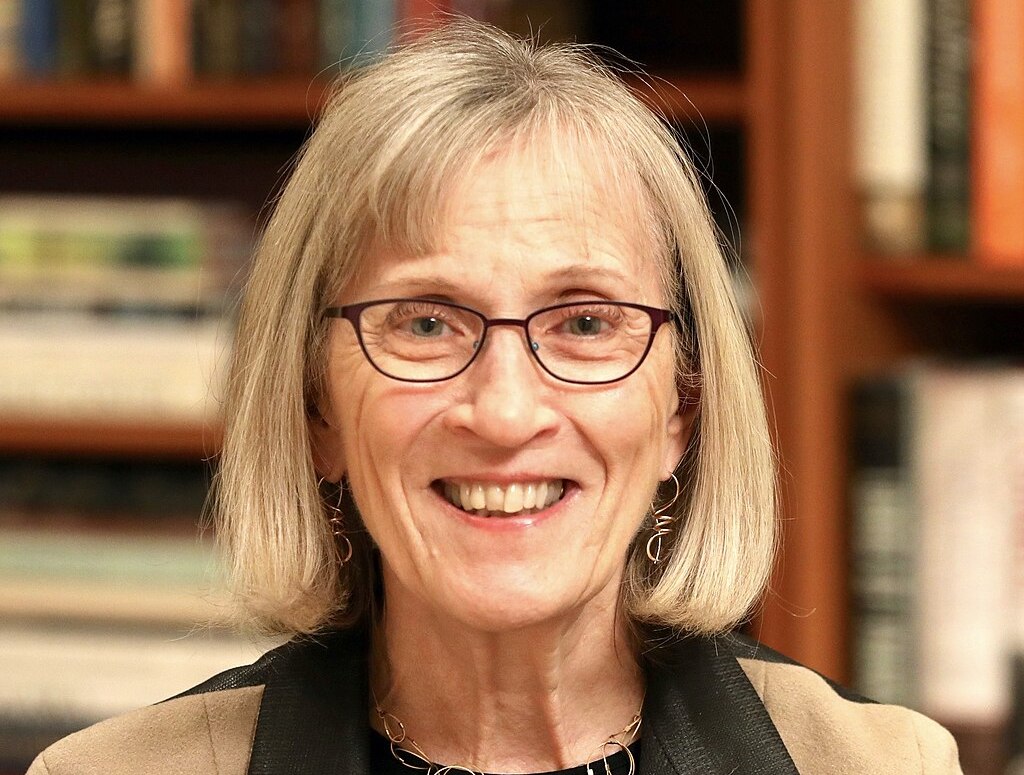
Claudia Goldin’s work in understanding the gender wage gap is officially Nobel Prize-worthy – and illuminating.
Through her work, the Harvard University economics professor saw firsthand the pay inequities that persist around the world – inequities that result in women earning, on average, 77 cents to every $1 a man makes. Experts estimate it will take over 250 years to achieve parity, at the rate we’re presently moving toward closing the gap.
That wasn’t acceptable to Goldin – so she set out to find answers. “Women are now more educated than men,” Goldin told the Associated Press of the motivation behind her research. “They graduate from college at much higher rates than men. They do better in high school than men do. So why are there these differences?”
After digging into the matter in earnest, she figured out what’s going on: “[T]hese differences … are really reflections of what happens within individuals’ homes, and they’re an interaction between what happens in the home and what happens in the labor market.”
She and her team analyzed 200 years of data on labor markets, while filling in job-reporting gaps for women who worked alongside their husbands or out of their homes, and were not documented in existing records as a result. The Industrial Revolution, and the resulting shift from farm to factory work, then cut a significant portion of women out of the workforce – the generation that came of age in the 1950s saw their mothers’ professional aspirations curtailed, and subsequently limited their own trajectories.
But marriage and children took the biggest tolls on women when it came to earning potential, Goldin’s research found. Old laws prohibited women from working after marriage, while disparities around who cares for the kids still exist today. “We have to step back and ask questions about piecing together the family, the home, together with the marketplace and employment,” Goldin says.
One suggestion: Subsidized after-school programs. “Very few of us have jobs that finish at 3 o’clock in the afternoon,’’ she told the AP. “So having extended school programs is … important – and those cost money.’’
Goldin was awarded the Nobel Prize in economics for this research earlier this month. And, she’s notably one of few women to do so, as gender disparities exist among recipients, too. In regards to prizes for economic work, she’s one of just three to ever get one, as well as the only sole woman winner in the prize’s history.
Despite so many ongoing inequities, “I am an optimist,” she told the AP. “I’ve always been an optimist.″



